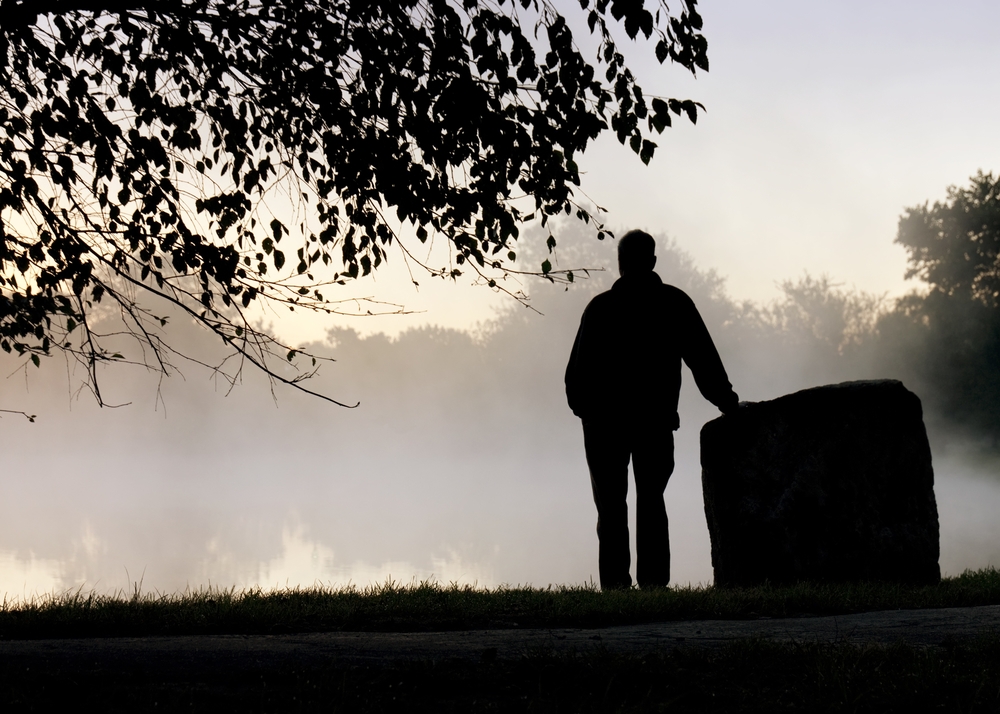What if, one day, someone asked you to make a chair? You’ll probably start the process by designing it on a piece of paper – making sure it has a comfortable surface to sit on and a back to rest against. Basically, you’ll first put together the essence of a chair before bringing it into existence (by cutting it out of wood). After all, what’s the point of a chair on which you cannot sit? According to Jean Paul Sartre, a 20th century Philosopher & father of Existentialism, in case of this chair and all external objects, essence precedes existence.
But what about human beings?
Well, for those who believe in God, humans are just like a chair. They were created by God as a deliberate act of will and with a specific purpose in mind. But those, including Sartre. who did not believe in God argued that in case of human beings, existence precedes essence – it is only after a person exists that some “essence” that can be called “human” may shape itself. Happy Ho organizes best Meditation and Tarot classes in Noida and Delhi NCR area in India.
So, as per Sartre, with no blueprint in hand, you carry the onus of defining who you are on your shoulders all the time. Every decision you take matters. And if something goes wrong, you have no one to blame but yourself. Hold on, the man doesn’t stop here.
Each choice you make (even not making a choice is a choice) also reveals how you think a human being, in general, should be. Imagine if you helped rescue a dog on the street, you are likely to think to yourself, “I wish everyone would do that! What a wonderful world it would be if we all cared about animals.” By just a single act of yours, you not only defined an aspect of your essence but also of humanity. It would be an act of self-deception to make a choice and then at the same time wish that others would not make the same choice. Thus, whenever we make choices about how to live, we are also making the statement that this behavior is something that is of value to human beings.
But what if someone liked being a chair instead of a “man who is condemned to be free”? What if someone preferred believing that things have been decided already and that pursuing alternates was not an option? Well, Sartre would term this act as “living in bad faith”. He explains the concept of bad faith through the example of a waiter who is so immersed in his job that he considers himself to be first a waiter rather than a free human being. This waiter is so convinced that his present job is all that he can do, that it’s all that he’s meant to do, that he never considers the option of doing anything else in life. Sartre believed that by not looking at the myriad possibilities life presents us with, we have no one to blame but ourselves for restricting our freedom. “We are left alone without an excuse,” he said.
To conclude, Sartre’s existentialism encourages people to acknowledge their freedom, cherish it and make the best use of it, not only for oneself but also for others. The often dreaded philosophy has actually been instilled with tonnes of hope – hope that each day we should live a life we’ve willingly chosen for ourselves.


